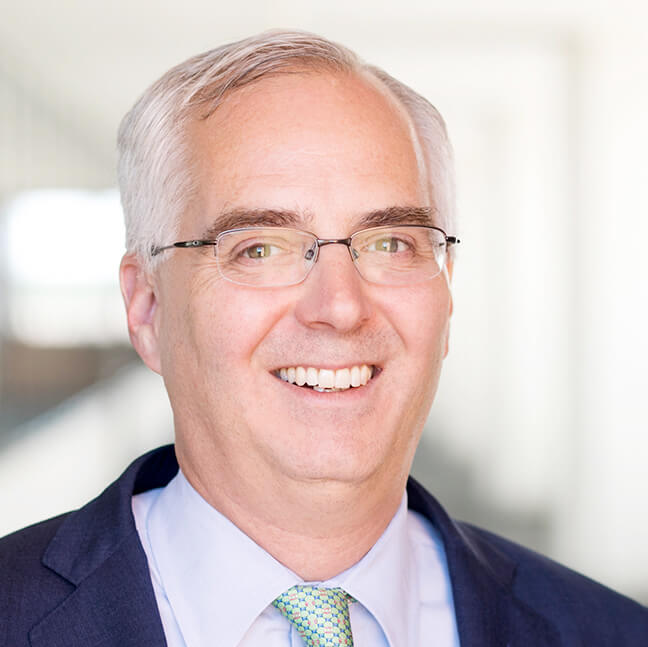A recent article described the outsized roles that two modest cities in Texas play in U.S. patent litigation, but there’s more to the story of America’s odd patent venue rules. The article alludes to T.C. Heartland, the 2017 Supreme Court decision that tightened patent venue and Apple’s decision to close some of its stores. It used to be that a defendant couldn’t really control where it can be sued for patent infringement—venue was proper wherever the company’s products ended up. Now, however, venue can be laid only in a district where the defendant is incorporated or has a building.
Apple’s closing a few of its stores is just the tip of the iceberg. Many companies are quietly considering what they perceive to be an unfavorable litigation environment when choosing the location of their next regional headquarters or research lab. Why build in a particular suburb of Dallas, for example, when going to the next county keeps you out of the district with 8-figure infringement verdicts?
No one ever intended the system to operate this way—it is certainly unusual for federal law, of all things, to have disparate regional effects. Over time, however, the cumulative impact of these individual decisions may negatively affect economic growth in some parts of Texas.
The local district’s adoption of random case assignment seems to have already reduced the concentration of patent cases in West Texas. The U.S. Judicial Conference should consider adopting a universal rule of this nature. Doing so may mitigate some of the unintended consequences of our current patent venue regime.

